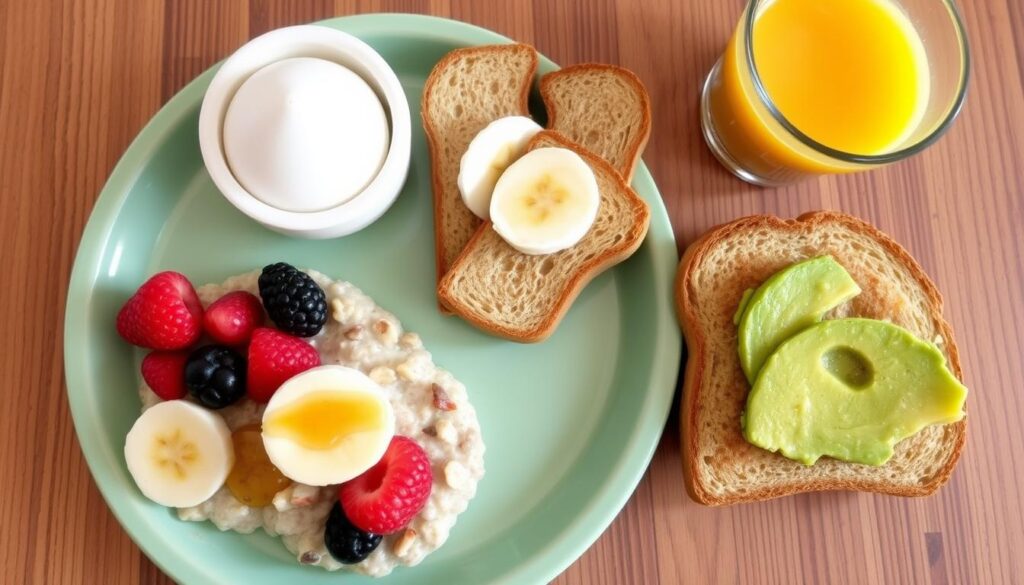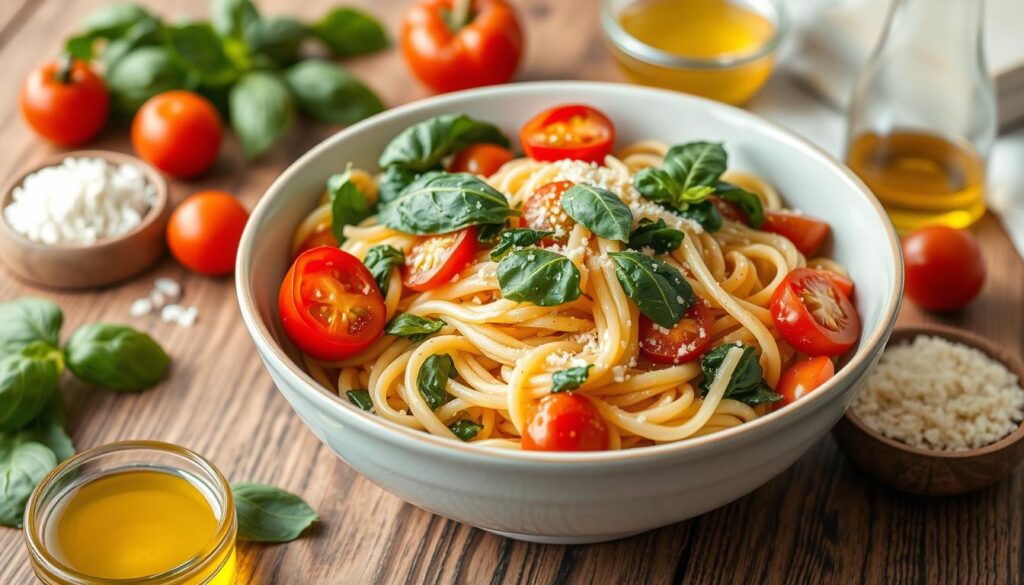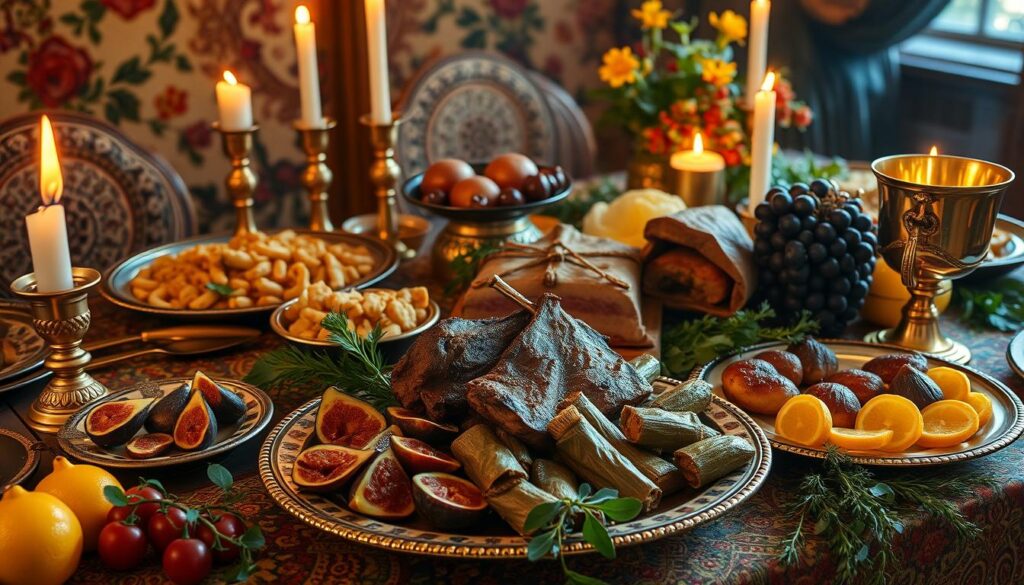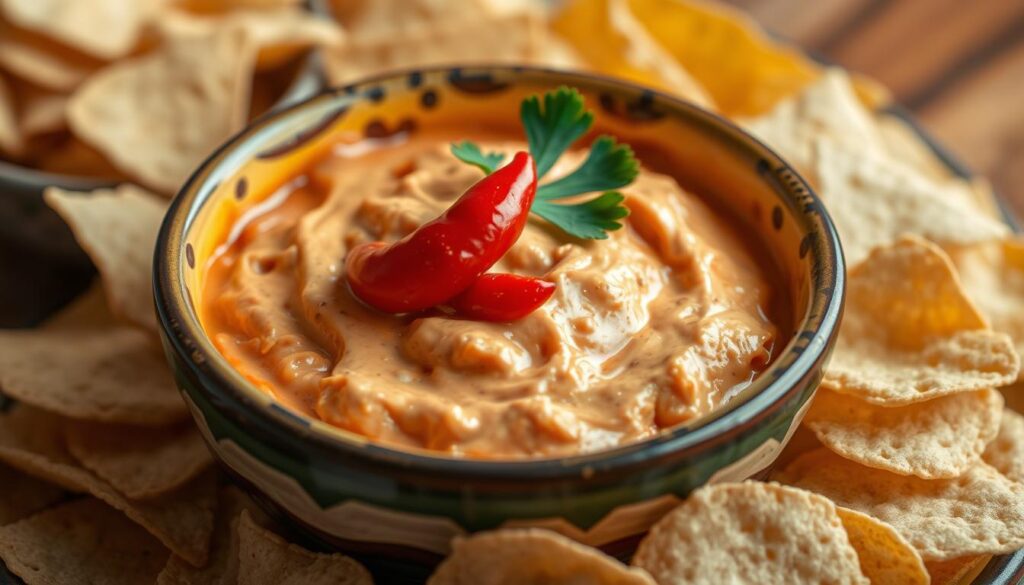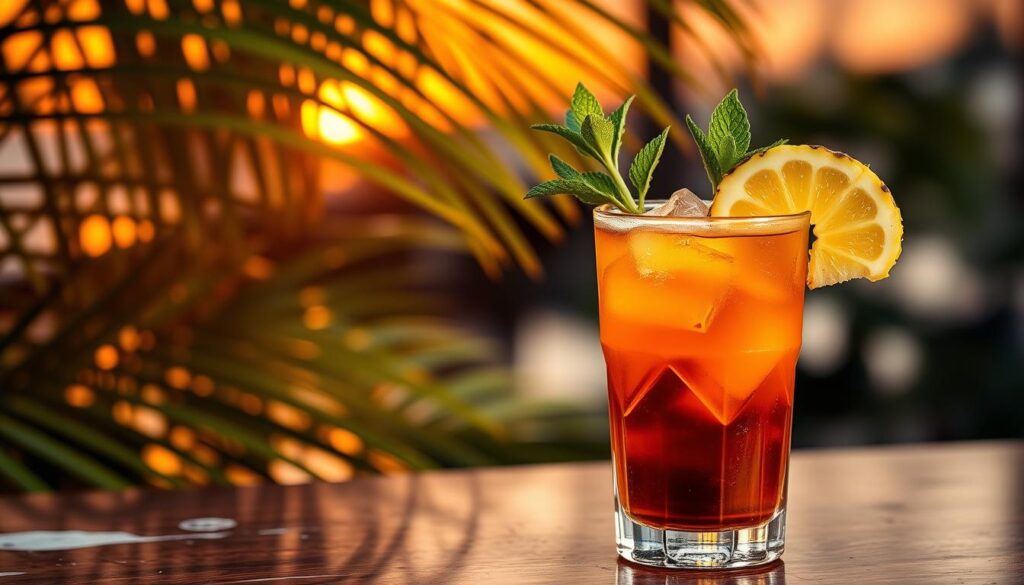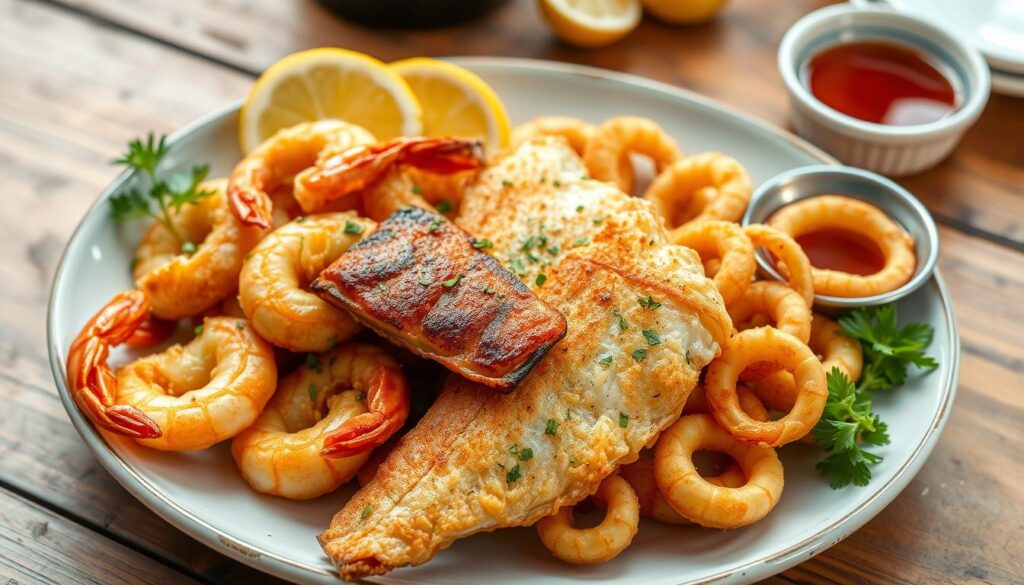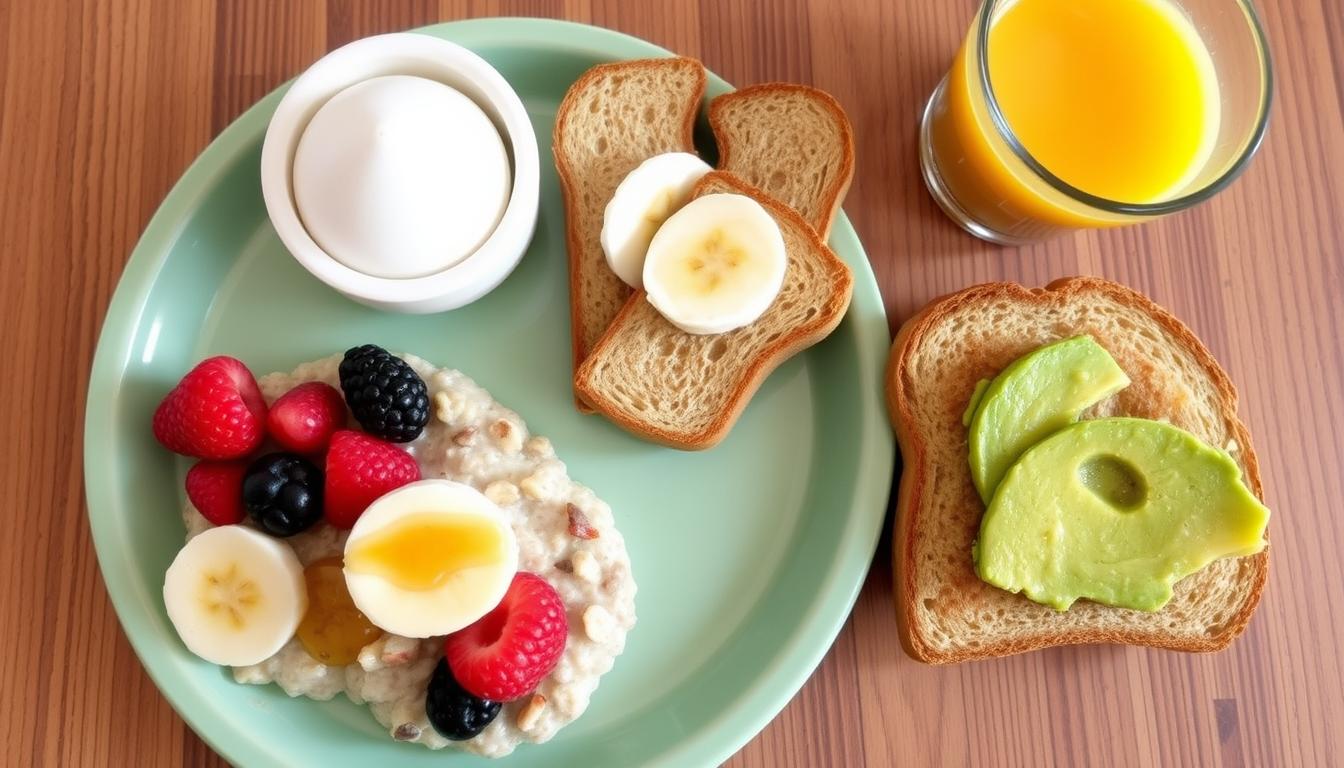Did you know goat milk lotion can help with eczema and psoriasis? Making your own homemade goat milk lotion is rewarding. It lets you avoid harsh chemicals and preservatives.
Goat milk is full of vitamins and minerals like A, B6, B12, C, D, and E. It makes your skin smooth and hydrated. With coconut oil and goat’s milk, this recipe is easy and moisturizing.
Today, start making your own DIY goat milk lotion. You can customize it for your skin.
In just one hour, you can make 22 jars of Goat Milk & Honey Lotion. We’ll show you why goat milk lotion is great for your skin. And how to make it easily.
Why Choose Goat Milk Lotion?
Goat milk lotion does more than just moisturize your skin. It’s full of nutrients that help your skin stay healthy.
Benefits for Skin Health
Goat milk lotion repairs damaged skin thanks to vitamin A. It also has alpha-hydroxy acids like lactic acid. These acids help remove dead skin cells and keep your skin healthy.
Each cup of goat’s milk has vitamin A and C, which fight off infections and help wounds heal. Vitamin D in goat milk also helps with skin diseases. This makes goat milk lotion great for sensitive or problem skin.
Natural Ingredients
Goat milk lotion is made with natural ingredients. It has fewer chemicals and more good stuff for your skin. For example, Goat Milk Stuff makes solid lotions without liquid milk to avoid bacteria.
Ingredients like almond oil, avocado oil, and shea butter are good for your skin. These natural ingredients make goat milk lotion effective without being greasy.
Ingredients You’ll Need
To make a luxurious moisturizing goat milk lotion, you need key ingredients. These ensure the lotion is smooth, beneficial, and lasts long. Let’s explore the main ingredients you’ll need.
Goat Milk
Goat milk is packed with vitamins A, B6, B12, C, D, and E, plus minerals. It’s great for your goat milk lotion ingredients. Vitamin A helps fix damaged skin and fights wrinkles. Goat milk also has alpha-hydroxy acids for skin renewal and selenium for sun protection.
Distilled Water
Distilled water is key in how to make goat milk lotion. It mixes ingredients well for a smooth lotion. It keeps the lotion clean by avoiding impurities.
Nourishing Oils
Oils like sweet almond, avocado, and shea butter are vital for a moisturizing goat milk lotion. They hydrate, soften, and improve skin. Shea butter and avocado oil deeply moisturize and boost skin health. These oils make the lotion great for dry or sensitive skin.
Emulsifiers and Preservatives
Emulsifiers mix oil and water for a stable lotion. Emulsifying wax keeps it smooth and non-greasy. Preservatives like Optiphen Plus and rosemary extract keep bacteria and mold away, especially in water-rich lotions. They keep the lotion safe and effective longer.
Essential Tools for Making Lotion
To make a great DIY goat milk lotion, you need the right tools. These tools help you work with precision and keep things clean. Let’s explore the key equipment you’ll need.
Measuring Equipment
Getting the measurements right is key for a good lotion. Use digital scales and measuring cups to get your ingredients just right. For example, a recipe might need 2.7 oz of oils and 1.2 oz of emulsifying wax.
It’s also important to mix goat’s milk and distilled water in a 1:1 ratio. A kitchen digital scale is best for this. It helps you get the exact weights needed for the right mix.
Blending Tools
The right tools are essential for blending your lotion to perfection. An immersion blender or stick blender works great for mixing everything smoothly. Stainless steel spoons are good for stirring small batches and making sure everything is mixed well.
When you mix water and oils, the emulsifying wax is what holds them together. This blending step is crucial for a smooth lotion.
Storage Containers
Storing your lotion properly is important to keep it fresh. Wide mouth mason jars are perfect for mixing and storing. Lotion bottles are also good for easy use and keeping the lotion’s quality.
Keeping your lotion in the fridge can make it last longer, up to 3 months.
It’s also important to keep your tools and containers clean. This helps prevent mold and keeps the lotion’s preservatives working well. This is especially true because lotion has a lot of water in it.
The Best Goat Milk Lotion Recipe
Get ready for the best homemade goat milk lotion you’ve ever tried. This easy goat milk lotion recipe makes about three 8-ounce bottles. You’ll get 24 ounces of smooth, silky lotion, great for all skin types. You’ll need 10.5 oz of Goat’s Milk and 10.5 oz of Distilled Water as your base liquids, from trusted suppliers.
| Ingredient | Quantity | Source/Supplier |
|---|---|---|
| Goat’s Milk | 10.5 oz | Specific supplier |
| Distilled Water | 10.5 oz | Specific supplier |
| Shea Butter | 0.6 oz | Specific supplier |
| Cocoa Butter | 0.6 oz | Specific supplier |
| Avocado Oil and Coconut Oil | 2.7 oz | Provided in recipe |
| Emulsifying Wax | 1.2 oz | Lotion house |
| Stearic Acid | 1.0 oz | Provided in recipe |
| Preservative (Germall Powder/ Germaben II/ Germall Plus) | 0.3-0.4 oz | Provided in recipe |
| Fragrance/ Essential Oil | 0.2 oz | Provided in recipe |
To keep the lotion top-notch, use sweet almond oil and shea butter. They make it rich and moisturizing. Emulsifying wax and stearic acid are key for a stable mix. Also, Germall Powder or another preservative keeps it fresh for 6-8 months at room temperature or up to 10 months in the fridge.
Without chemical preservatives, you’ll need to keep it cold. It should be used within two weeks. This lotion is packed with vitamins and acids like Vitamin A, B, C, D, E, AHA, and CLA. It’s a treasure for your skin, offering many benefits.
Step-by-Step Preparation Guide
Making a high-quality goat milk lotion recipe requires careful steps. These steps are important for safety and effectiveness. Let’s explore these essential steps:
Sanitizing Utensils
First, sanitize all your utensils and work areas. This step is key to avoid contamination. Clean your tools with hot, soapy water and then disinfect them.
Heating Your Base
Start by heating the goat milk and distilled water. Heat the goat’s milk to 120°F (49°C) to pasteurize it. Water makes up 70-80% of the lotion, so it’s crucial.
Adding Oils and Emulsifiers
Then, add your oils and emulsifiers. Use oils like almond oil and shea butter, making up 10-25% of the recipe. Add emulsifying wax, like Polawax, at 2-8% for a smooth blend. This step is vital for a smooth lotion texture.
Mixing and Blending
The last step is mixing and blending the ingredients. Use an immersion blender to mix the heated goat milk base with oils and emulsifiers. This ensures a creamy and consistent lotion. Proper blending is key for the lotion’s effectiveness.
Tips for Achieving the Perfect Consistency
To get the perfect consistency for your DIY goat milk lotion, you need to balance oil and water. You also need to adjust the lotion’s thickness to your liking.
Balancing Oil and Water
It’s important to balance the oil and water in your lotion. This balance prevents separation and gives a smooth, creamy feel. Water makes up 70-80% of the lotion, while oils and butters are around 10-25%.
Adding emulsifiers like Polawax Emulsifying Wax (3-6%) or Bio-Mulsion Wax (2-8%) helps mix oil and water well. More emulsifier might be needed for a better mix.
Adjusting Thickness
To change the lotion’s thickness, you can adjust the emulsifying wax or stearic acid. For a thicker lotion, add more stearic acid (2-5%) or emulsifying wax. But don’t go over the recommended amount.
If you want a thinner lotion, use less thickening agents and add more distilled water. This way, you can make a lotion that fits your skincare needs perfectly.
Common Mistakes to Avoid
When making your own goat milk lotion, there are common mistakes to avoid. These mistakes can affect the quality of your lotion. By knowing and avoiding these errors, you can make a lotion that works well for your skin.
Overheating Ingredients
One big mistake is overheating the ingredients. You should add preservatives when the mixture is around 120 degrees Fahrenheit. If it gets too hot, it can ruin the nutrients and change the lotion’s texture and how well it works.
Always check the temperature with a thermometer. This helps keep the ingredients safe and the lotion effective.
Incorrect Blending Times
Another mistake is blending for the wrong amount of time. Blending correctly is key to getting a smooth lotion. If you blend too little, the lotion might separate. But blending too much can make it too thick or break it.
It took a lot of testing to get the blending right in commercial lotions. This shows how important it is to blend just right.
Best Oils to Use in Goat Milk Lotion
Choosing the right oils is key when making goat milk lotion for dry skin. High-quality oils nourish and repair the skin. Let’s look at the top oils for this purpose.
Sweet Almond Oil
Sweet almond oil is known for soothing and reducing inflammation. It’s packed with vitamins A, B, and E, which keep the skin healthy and moist. This oil makes an organic lotion that soothes and moisturizes dry skin.
Avocado Oil
Avocado oil is full of nutrients and deeply moisturizes the skin. It has vitamins A, D, and E, which help with collagen and skin renewal. Adding avocado oil to goat milk lotion gives it a strong hydrating effect, perfect for dry skin.
Shea Butter
Shea butter is famous for its creamy texture and deep moisturizing. It’s rich in essential fatty acids and vitamins A and E, which fix damaged skin. Using shea butter in goat milk lotion moisturizes and boosts skin health.
Here’s a comparison of these oils and their benefits for goat milk lotion:
| Oil | Key Benefits | Vitamin Content |
|---|---|---|
| Sweet Almond Oil | Soothing, Anti-inflammatory | A, B, E |
| Avocado Oil | Deep Moisturizing, Collagen Boosting | A, D, E |
| Shea Butter | Intense Hydration, Skin Repairing | A, E |
Using these oils in your lotion recipe boosts its benefits, making it great for dry skin. Always buy these ingredients from trusted sources for the best quality lotion.
Preserving Your Lotion
When making your homemade goat milk lotion, it’s key to keep it fresh. This is because it has a lot of water, which can grow bacteria. Using natural preservatives is a great way to keep your lotion good for longer. Without them, the lotion can get moldy and grow fungus because of its water.
Why Preservatives are Important
Preservatives are vital for homemade lotions to stop bacteria and keep them safe. Goat milk is great for your skin, but it needs a preservative because of its water. It’s important to keep your space clean and use good preservatives to keep your lotion safe and working well.
Best Natural Preservatives
There are many natural preservatives that work well and are safe. Optiphen Plus is a favorite because it’s free from harmful chemicals and keeps your lotion fresh. Germaben II is also great, as it stops bacteria and mold from growing. Using these preservatives will help your goat milk lotion stay good for your skin for a long time.
Are you looking for something new to bake? There’s a whole world of delicious recipes out there waiting to be discovered. From classic favorites to innovative twists, there’s a recipe for every taste and occasion.
FAQ
What are the benefits of using goat milk lotion?
Goat milk lotion is packed with vitamins A, B6, B12, C, D, and E. It helps fix damaged skin and keeps cells healthy. It moisturizes deeply without feeling greasy. Plus, it has selenium, which may protect against skin cancer and sun damage.
What ingredients do I need to make homemade goat milk lotion?
You’ll need goat milk, distilled water, and oils like sweet almond and avocado. Also, shea butter, emulsifying wax, and Optiphen Plus for preservation.
What essential tools are required for making goat milk lotion?
You’ll need digital scales, measuring cups, an immersion blender, and glass jars or bottles. These tools help you make and store the lotion right.
How do I achieve the perfect consistency in goat milk lotion?
It’s all about getting the oil and water mix right. Adjust the emulsifying wax or stearic acid to change the lotion’s thickness. This ensures it’s smooth and even.
What common mistakes should I avoid when making goat milk lotion?
Don’t overheat the ingredients. It can ruin the milk and destroy nutrients. Also, blend well to keep the emulsion stable.
Which oils are best to use in goat milk lotion?
Sweet almond oil soothes and fights inflammation. Avocado oil moisturizes deeply and boosts collagen. Shea butter hydrates and fixes damaged skin.
Why are preservatives important in goat milk lotion?
Preservatives like Optiphen Plus keep bacteria away. This is because the lotion has a lot of water. They help the lotion last longer and stay safe to use.
Can I use natural preservatives in my goat milk lotion?
Yes, you can use natural preservatives like Optiphen Plus. It’s safe and keeps your lotion effective for daily use.
How do I sanitize utensils when making goat milk lotion?
Clean utensils and surfaces with hot, soapy water. Then, use an alcohol-based disinfectant to kill germs and prevent contamination.
How do I properly store homemade goat milk lotion?
Keep the lotion in airtight glass jars or bottles. Store it in a cool, dark place to keep it fresh and safe.


